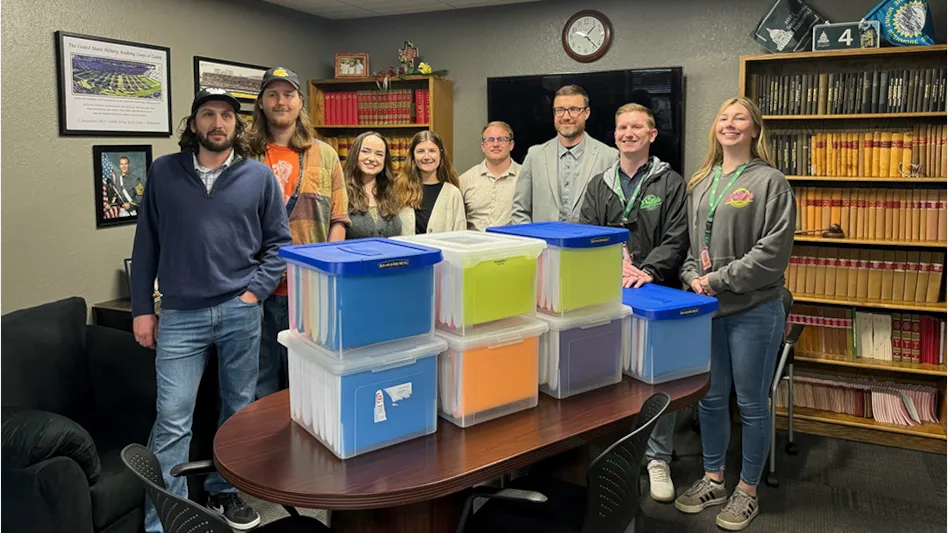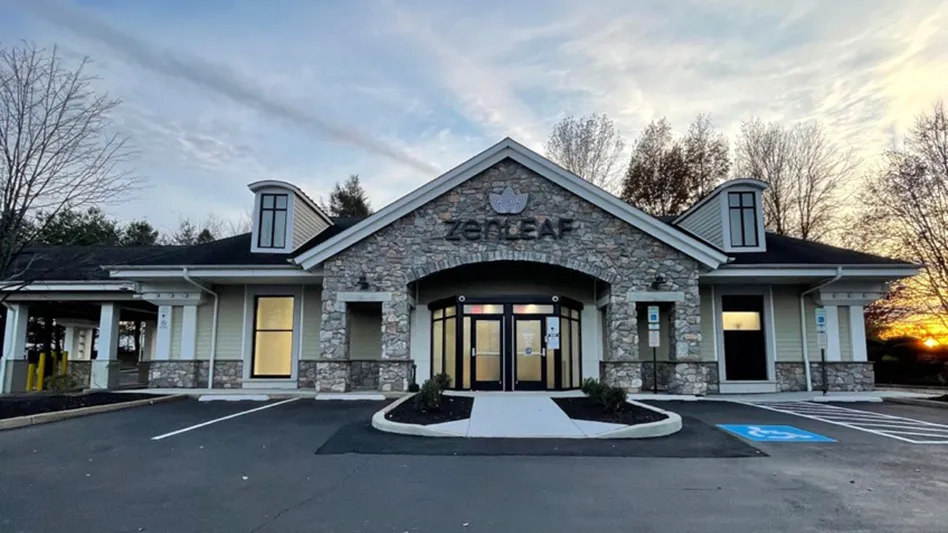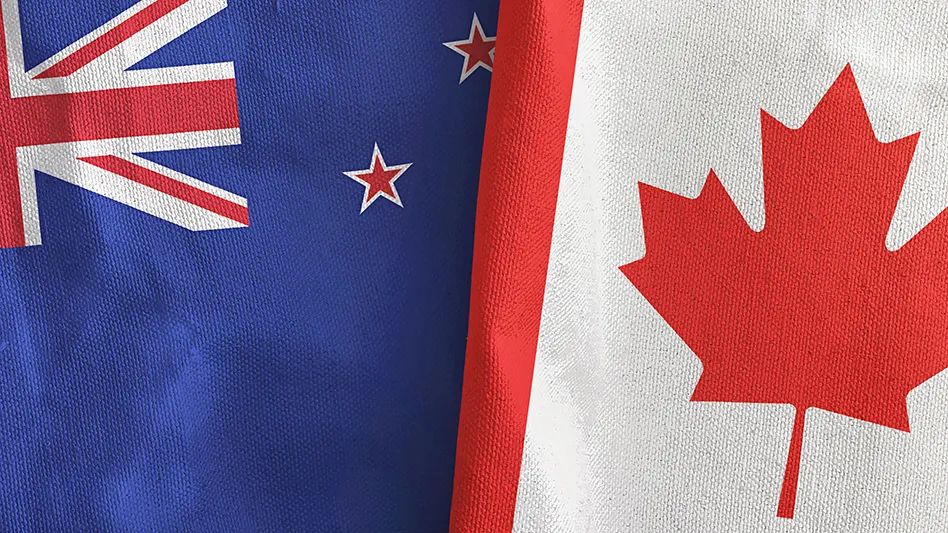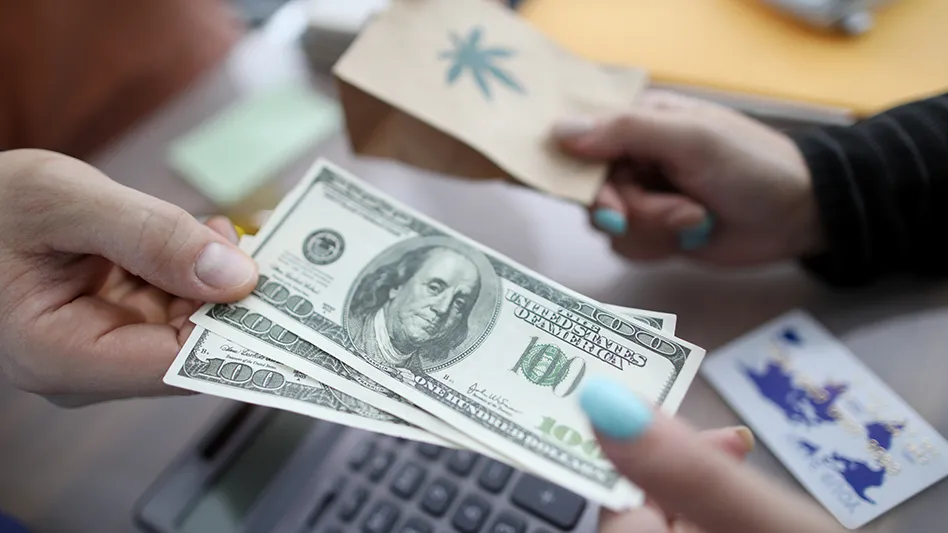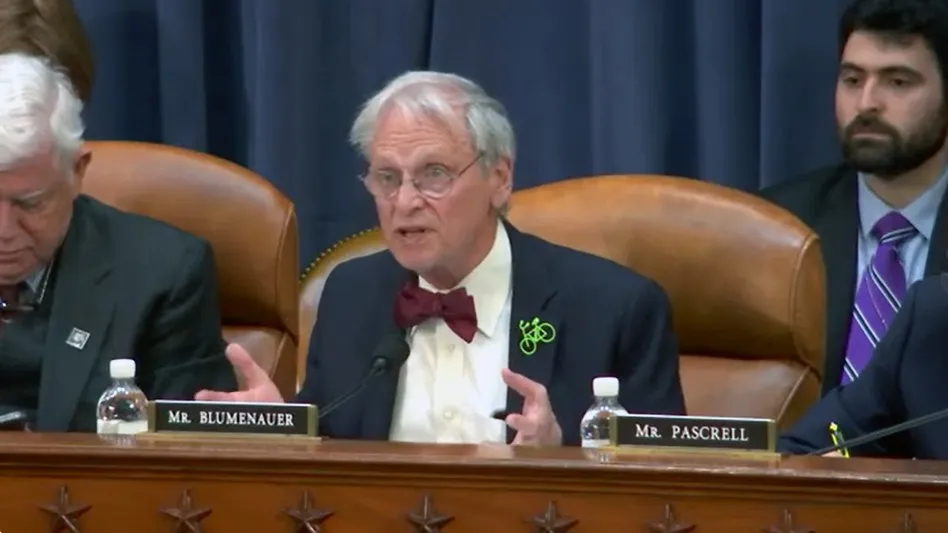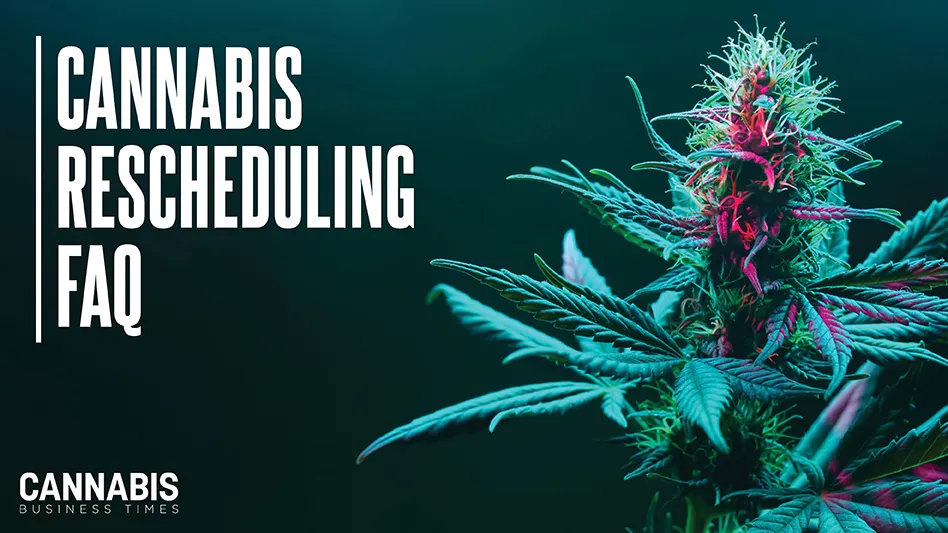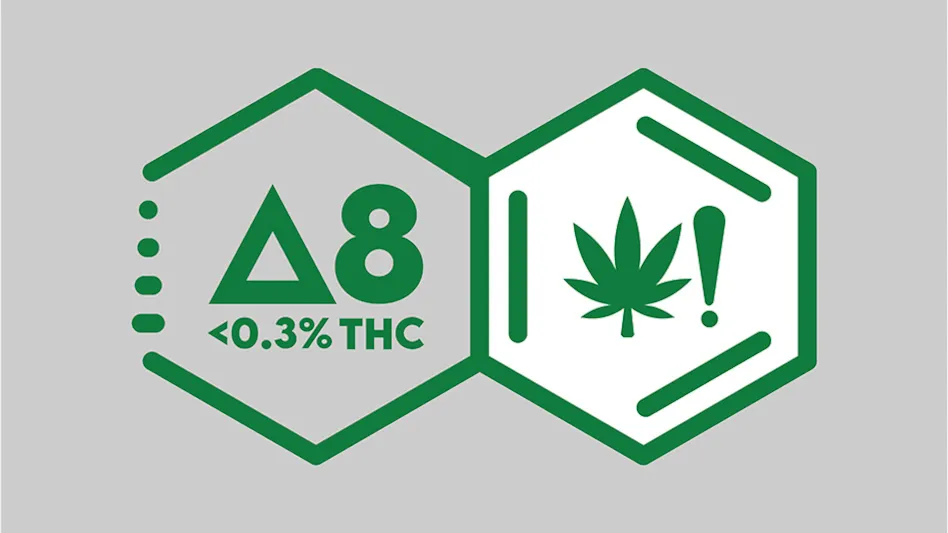
Adobe Stock
Products containing delta-8 THC and other “hemp-synthesized intoxicants” are illegal to sell outside the regulated adult-use and medical cannabis marketplaces in Arizona, the state’s attorney general opined March 11.
In her 14-page legal opinion, Kris Mayes said smoke shops, convenience stores and other locales not licensed by the Arizona Department of Health Services cannot sell products with hemp-derived cannabinoids like delta-8, delta-10 or any other products that have been “synthetically converted” from naturally occurring CBD or other cannabinoids.
Her opinion was addressed to state Sen. T.J. Shope and state Rep. Steve Montenegro—both Republicans—who asked the attorney general’s office to examine the issue.
“Intoxicating cannabis products are Schedule 1 controlled substances that may be sold only by licensed cannabis sellers in Arizona,” the attorney general wrote. “Arizona’s 2018 industrial hemp law did not create an exception to these laws. Rather, in contrast to the federal Farm Bill, the industrial hemp law omitted hemp ‘extracts’ and ‘derivatives’ from the definition of industrial hemp and expressly provided that the state wished to ‘maintain strict control of marijuana.’
“Delta-8’s sale by unlicensed entities like convenience stores and smoke shops is therefore unlawful.”
This opinion comes after more than a dozen states—including Arizona—began implementing delta-8 bans in 2021, when the compound became widely popular because its psychoactive effects are similar to delta-9 THC, the main psychoactive constituent of cannabis.
Although Arizona is one state that has sought to crack down on unlicensed sales, the sheer abundance of stores that carry delta-8 products on their shelves, from gas stations to tobacco shops, hasn’t made regulatory enforcement easy as the segment continues to grow nationwide.
Notably, psychoactive hemp-derived cannabinoid sales in the U.S. (excluding CBD) took off from roughly $200 million in 2020 to nearly $1.5 billion in 2021, and up to nearly $2.8 billion in 2023, according to data from analytics firm Brightfield Group.
RELATED: How Big Is the U.S. Market for Delta-8 THC and Other Hemp-Derived Cannabinoids?
While Arizona’s attorney general said that the state’s hemp law deviates from the Agricultural Improvement Act of 2018 (the 2018 Farm Bill), language in the U.S. legislation that federally legalized hemp has been used as legal standing claimed by many delta-8 stakeholders.
Specifically, the 2018 Farm Bill defines hemp as a cannabis plant with no more than 0.3% THC on a “dry-weight” basis.
“The 0.3% delta-9 THC threshold effectively differentiates between psychoactive marijuana and non-intoxicating hemp,” Mayes wrote in her opinion. “The Farm Bill, however, is silent on delta-8 THC—another psychoactive compound that is found naturally in hemp in low concentration, but that may be chemically synthesized from the naturally occurring cannabidiol (CBD) in hemp into a higher, intoxicating concentration. Delta-8 proponents have therefore argued that the Farm Bill legalized delta-8 and other intoxicating hemp derivatives.”
Delta-8 opponents have argued that manufacturing and selling intoxicating derivatives from hemp are not in line with the intentions of the 2018 Farm Bill.
Also, in February 2023, the Drug Enforcement Administration, in response to attorney Rod Kight, declared delta-8 and THC-O as Schedule I controlled substances because the agency views the compounds as illegal “synthetic THC” rather than lawful hemp.
Moreover, in 2018, before the 2018 Farm Bill’s passage, Arizona enacted a hemp pilot program “[t]o promote the economy and agriculture in this state by allowing institutions of higher learning and the department [of Agriculture] to develop and regulate industrial hemp as part of an agricultural pilot program for the purpose of research into the growth, cultivation and marketing of industrial hemp as authorized by the agricultural act of 2014.”
While the law seeks to provide a commercial industrial hemp industry in Arizona, Mayes said that the law also seeks to maintain “strict control of marijuana.” But delta-8 products are often packaged and labeled in ways that may appeal to children, the attorney general said. In addition, the U.S. Food and Drug Administration (FDA) has not evaluated or approved delta-8 products for “safe use in any context,” she said.
Specifically in September 2018, the FDA released a warning statement on the adverse effects associated with consuming hemp-derived products with THC.
RELATED: Delta-8 THC Has ‘Serious Health Risks’ Warns Two Federal Agencies
Aside from the health risks and from federal law, delta-8 is considered a Schedule I controlled substance under Arizona law, the attorney general said.
“Arizona broadly defines cannabis to include ‘[t]he resin extracted from any part of a plant of the genus cannabis, and every compound, manufacture, salt, derivative, mixture or preparation of such plant, its seeds or its resin,’ and ‘[e]very compound, manufacture, salt, derivative, mixture or preparation of such resin or tetrahydrocannabinol,’” Mayes wrote. “Hemp is part of the cannabis plant.”
Arizona’s 2018 industrial hemp law does does not create an exception, she said.
The attorney general said her opinion should not be construed as an endorsement for licensed cannabis operators to sell products containing hemp-derived intoxicants.
“These products may pose public health concerns and information about these products is still emerging,” Mayes wrote. “Delta-8 is subject to Health Services’ regulatory oversight, and future regulatory decisions will necessarily be guided by evolving public health and safety information concerning this product class, as well as by particularized information regarding specific intoxicating hemp products and manufacturers.”
Latest from Cannabis Business Times
- Verano Opens MÜV Haines City, Company’s 75th Florida Dispensary
- Ascend Wellness Holdings Reports $142.4M Net Revenue for Q1 2024
- Trulieve Reports $298M in Revenue for 1st Quarter 2024
- SNDL Reports 1st Quarter 2024 Financial, Operational Results
- Leading Cannabis Brand STIIIZY Expands Retail Presence With Fresno Location Opening Saturday, May 11
- The Cannabist Co. Reports 1st Quarter 2024 Results
- Green Thumb Reports $276M Revenue for 1st Quarter 2024
- Colorado Legislature Gives Final Approval to Measure Aimed at Streamlining Marijuana Regulations
